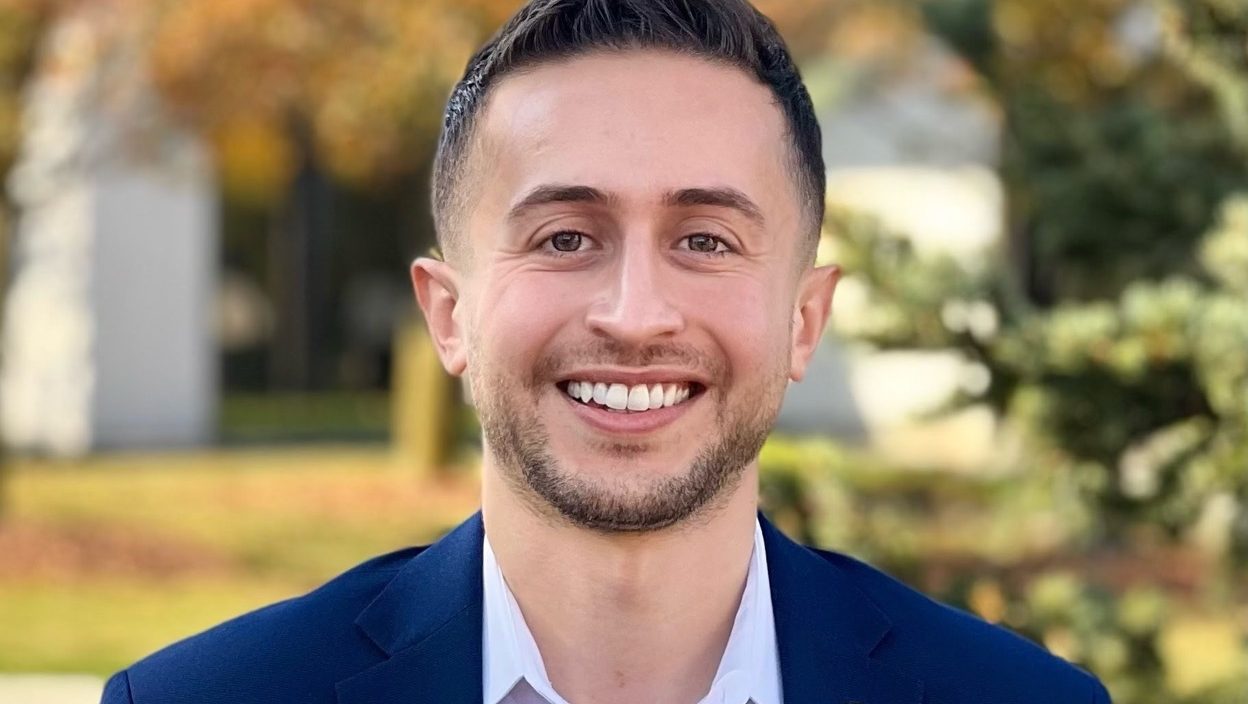Dearborn’s health department wants to make access to services easier
The department is working to bring city services to residents, including hosting flu and COVID vaccine clinics.

Ali Abazeed is the Founding Director of the Dearborn Department of Public Health.
Dearborn’s public health department is focusing on environmental and behavioral health and data analytics.
According to Director Ali Abazeed, Dearborn is impacted by the close proximity of factories in the south, as well as the floods from two years ago.
“When crisis and catastrophe strikes, people and residents want to know that their government has their back,” Abazeed says.
The department is working to bring city services to residents, including hosting flu and COVID vaccine clinics, providing menstrual pads for high school students, and Narcan units for opioid overdose reversal.
Meeting people where they are
Dearborn installed a Narcan vending machine in November at the John D. Dingell Transit Center, Dearborn’s train station. People can get free Narcan units to reverse opioid overdose.
“We’re in the business here at the Department of Public Health, of keeping people alive. We’re not in the business of making any moral judgments on the behaviors that people engage in,” says Abazeed.
Since installing the vending machine, 500 units of Narcan have been dispensed to the public.
“We’re really excited that we are seeing the Dearborn public take advantage of this life-saving tool.”
Dearborn also supplied three public high schools with free menstrual pads by partnering with The Pad Project.
“About a quarter of women across the country aren’t able to afford menstrual products,” Abazeed says. “Here at the Department of Public Health, we believe that you know menstruation is a fact of life, and that menstrual products are a medical necessity. We believe that medical necessities should be provided free of charge.”
Working toward a healthier Dearborn
Much of the Dearborn health department’s work is behind the scenes. “It’s advising our other departments on how to make more health-conscious decisions,” Abazeed shares.
The city is rolling out wastewater monitoring soon to help determine oncoming respiratory virus surges before they happen.
“Wastewater monitoring is basically because your fecal matter sheds virus quicker than you have symptoms,” explains Abazeed. “Wastewater is actually a really good predictor of whether or not respiratory viruses and illnesses will be increasing.”
Trusted, accurate, up-to-date.
WDET strives to make our journalism accessible to everyone. As a public media institution, we maintain our journalistic integrity through independent support from readers like you. If you value WDET as your source of news, music and conversation, please make a gift today.
